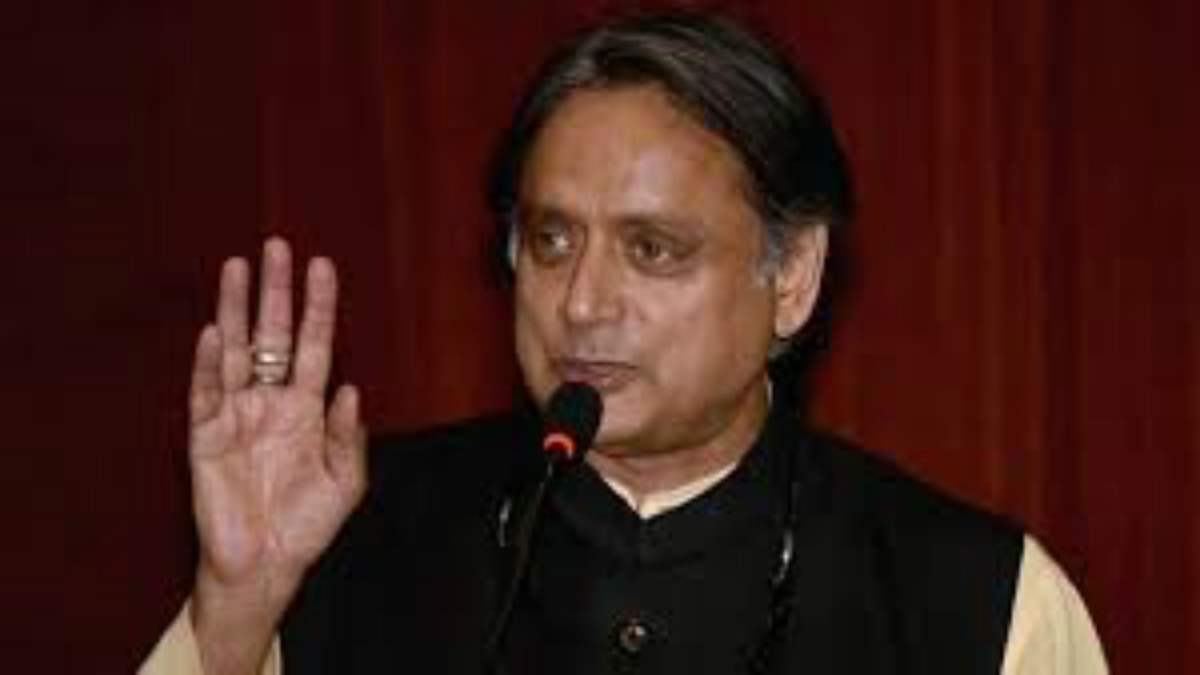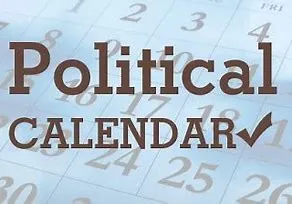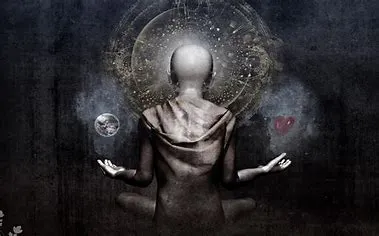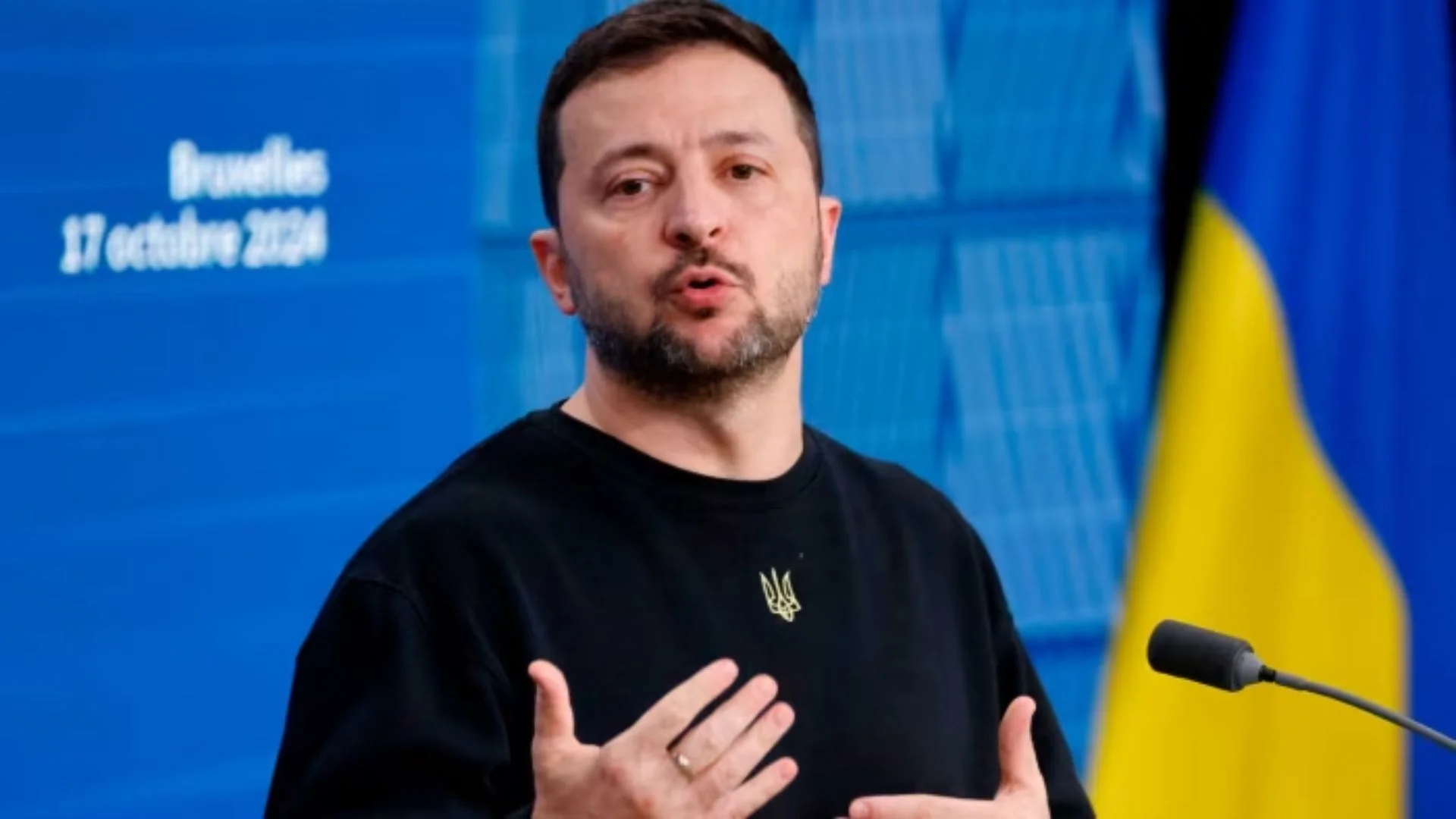Members of Parliament, when they are speaking at international platforms, should paint a fair picture of their country to an audience that is unlikely to know much about the ground reality. This applies to even Opposition MPs, who should try to appear impartial, instead of coming across as partisan and intent on scoring points against the government of the day. As else, in the process, they may go on to denigrate their own country. When an MP from the world’s most populous democracy addresses an international audience, he or she adds legitimacy to the claims he/she is making. The problem starts when such claims are outrageous, divisive and may instigate the gullible into taking action.
Asaduddin Owaisi of the AIMIM, who is MP from Hyderabad, was recently reported to have made wild charges of pogrom of Muslims in India at a conference named “The Stories of Muslims Lynched and Oppressed under the Hindutva Regime”, organised by an Islamist outfit, Islamic Society of North America. So an Indian lawmaker claimed of minority oppression in his country from an Islamist platform and added muscle to the narrative of “oppressive” India, without bothering about the effect this might have on the radicalised, who may take it as a cue to take to arms and disturb peace in this country.
Moreover, the sub-text of such a message was in keeping with Jinnah’s Two-Nation theory— that Hindus and Muslims cannot stay together and that Muslims need a separate nation to survive. In fact, this divisive message was at the core of the Thiruvananthapuram MP, Shashi Tharoor’s recent speech to a Pakistani audience as well. His language may not have been as “intemperate” as Owaisi’s, but to claim on a Pakistani platform that the Tablighi Jamaat “super spreader” event was used as a means “to justify open bigotry and discrimination against Muslims”, is not only to speak a blatant untruth, but also sends out a subliminal message justifying the partition of India and creation of Pakistan— that the Muslim community cannot be safe in a Hindu majority country.
Ever since the Narendra Modi government has come to power, first in 2014 and then again in 2019, the forces arrayed against it have stitched up a narrative of intolerant India, with selective outrage over incidents of reprehensible violence against the minority community, thus trying to prove such incidents as the rule and not aberrations, which they are. This narrative has been sold globally by forces from within the country, so much so that USCIRF, in an outrageous move, has branded the world’s largest democracy as a “country of particular concern”, along with authoritarian powers and sham democracies such as China, North Korea and Pakistan. The intention of such propaganda is clear: to create enough doubts about India under PM Modi, so that it ultimately creates uncertainty and brings the country under attack at different fora—apart from hurting its prospect of attracting investments.
The idea also is to scare the minorities with the propaganda that their existence is under threat, and thus create unrest, the way it happened after the passage of the CAA. It is in this context that Tharoor’s use of words such as “bigotry” and “discrimination” has to be seen—they are part of the larger narrative that the outof-power has been building. However, the flippant use of such words is best avoided, for they do not reflect the reality on the ground. It is also ironic that these words were uttered on a Pakistani platform—a country whose minorities have almost ceased to exist, unlike in India, where their population is burgeoning.
Parliamentarians are expected to show better sense than this, and this applies to both sides of the political divide. In this context, a quick mention must be made of Farooq Abdullah. It is sad to see a veteran Parliamentarian, a former Cabinet Minister with Government of India and a former Chief Minister of an Indian state screaming “China” from the rooftops, seeking its intervention in the matter of Article 370! Surely someone like him can be more responsible in what he says. Words have repercussions and should be uttered with care.























